Health And Medicine
-

High blood pressure genes improve heart surgery survival in children
Vanderbilt researchers have found that children with a genetic makeup that predicts high blood pressure as adults are more likely to survive congenital heart defect repair surgery. Read MoreMar 24, 2022
-
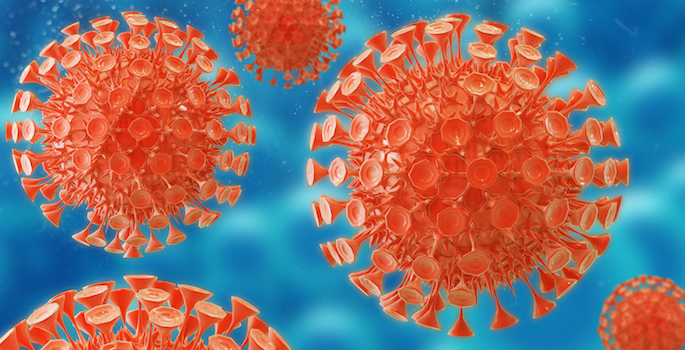
Blood test figures in cancer risk for people with HIV
A Vanderbilt study found that, among adult patients with HIV, those who have lower counts of certain types of blood cells have a markedly higher risk of developing cancer. Read MoreMar 17, 2022
-
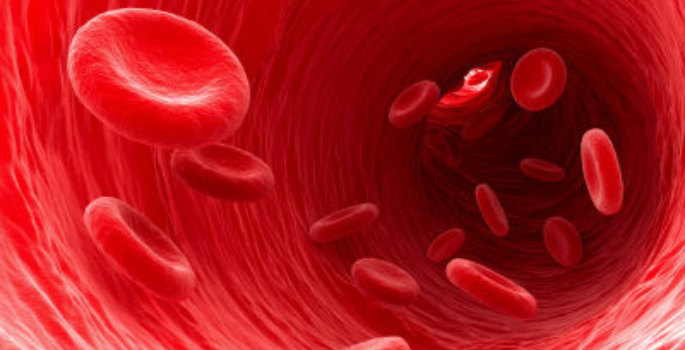
Study finds World Trade Center responders at higher risk for blood cancer-associated mutations
A study by Vanderbilt and New York City researchers found that 9/11 first responders to the World Trade Center have increased levels of mutations that escalate their risk for blood cancers or cardiovascular disease Read MoreMar 7, 2022
-
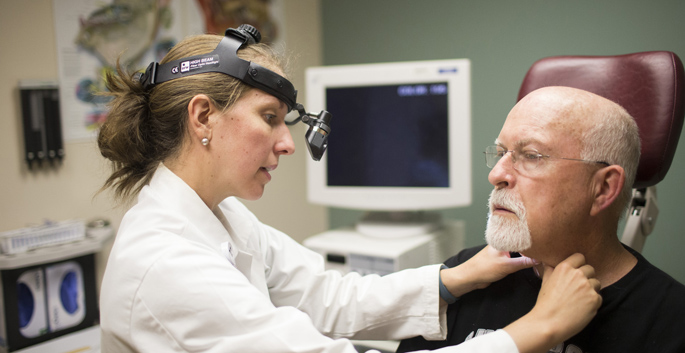
Probing cancer cell invasion
The rigidity of the extracellular matrix that surrounds cells impacts the contractile and invasive properties of head and neck cancer cells. Read MoreMar 1, 2022
-

Invasive strep can defy zinc toxicity
Vanderbilt researchers find that invasive Group B Streptococcus strains, a significant risk to pregnant patients and infants, can grow in presence of toxic zinc levels. Read MoreFeb 28, 2022
-
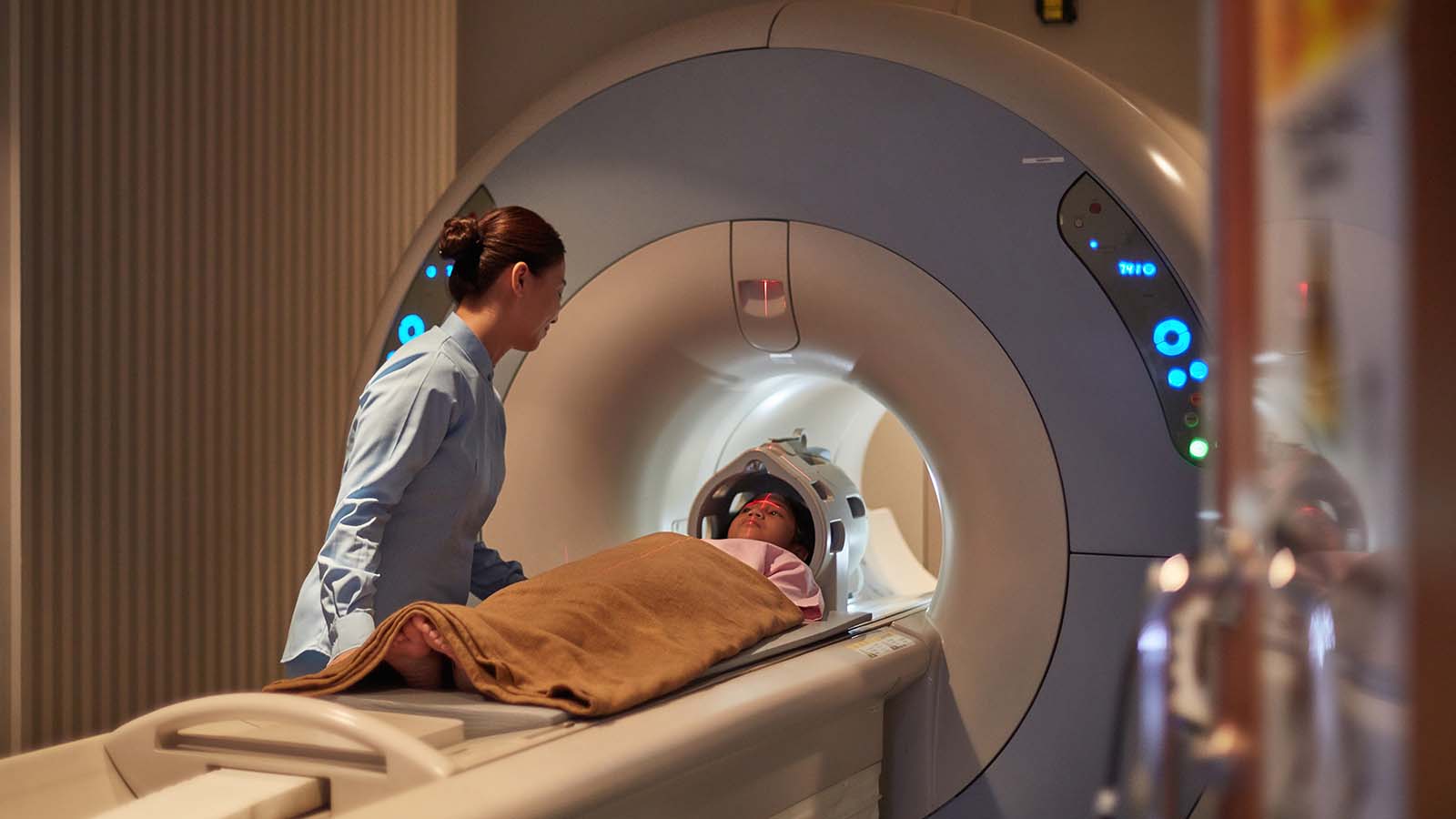
PET imaging probe for Alzheimer’s disease
Vanderbilt researchers report on a new PET imaging probe that will be useful for exploring Alzheimer’s disease pathology. Read MoreFeb 24, 2022
-

VUMC researchers find clue to drug-induced arrhythmias
Vanderbilt University Medical Center researchers have made a fundamental discovery about how the heart compensates for genetic variations that otherwise could trigger abnormal and potentially fatal heart rhythms. Read MoreFeb 24, 2022
-

Vanderbilt inks collaboration with precision neuroscience company Neumora to continue development of investigational treatment for neuropsychiatric disorders
Vanderbilt University has signed an exclusive worldwide license and research collaboration agreement with Neumora Therapeutics, Inc., a clinical-stage biotechnology company pioneering precision medicines for brain diseases through the integration of data science and neuroscience. Read MoreFeb 22, 2022
-
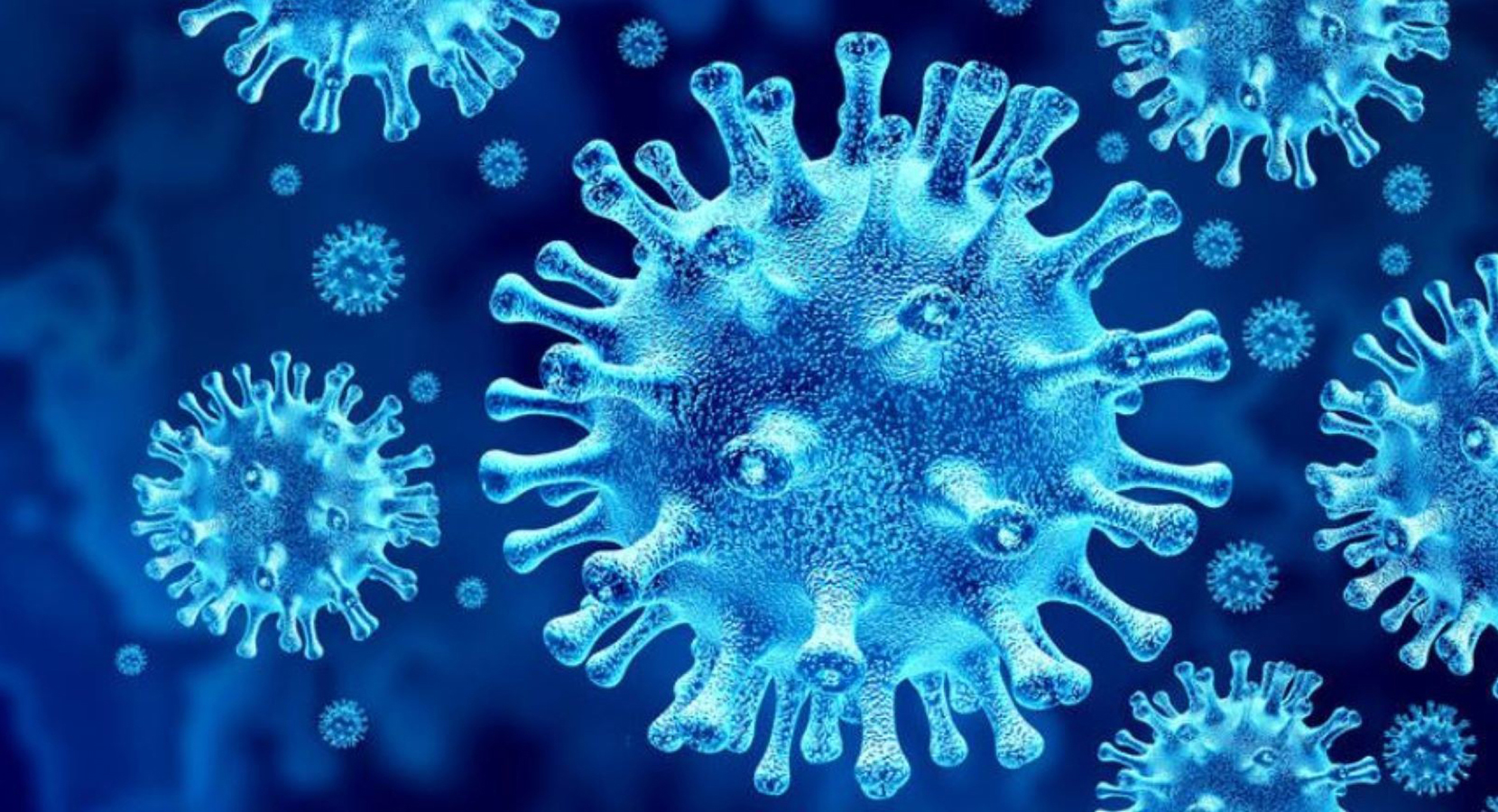
Pandemic leads to broader use of monoclonal antibodies
Antiviral drugs and coronavirus-fighting monoclonal antibodies, including those discovered at Vanderbilt University Medical Center, remain crucially important in the continuing fight against COVID-19. Read MoreFeb 17, 2022
-
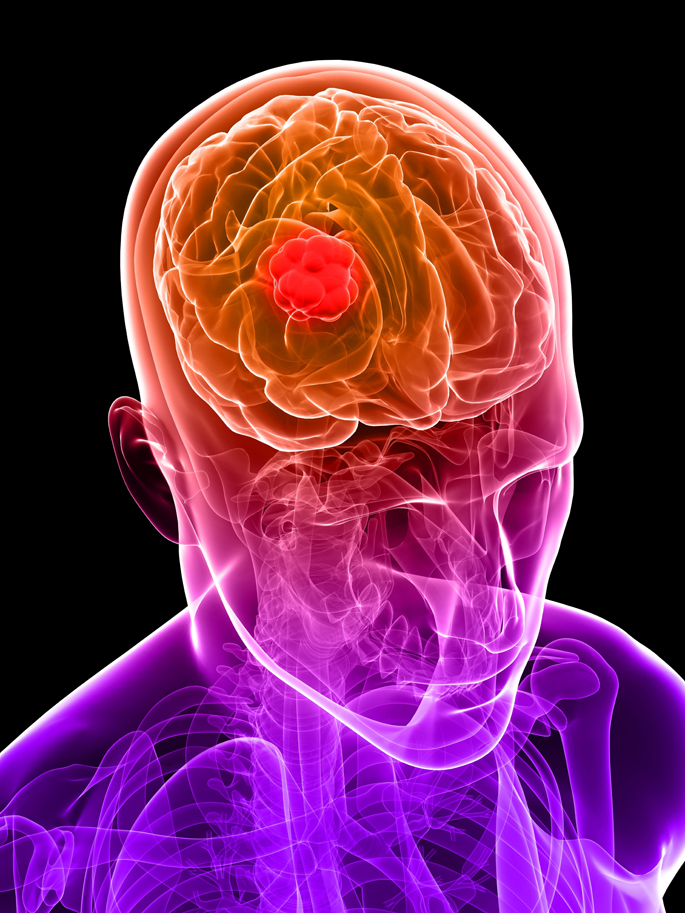
Predicting brain cancer outcome
Red blood cell distribution width has prognostic value for many diseases, but it was not associated with overall survival in patients with glioblastoma, Vanderbilt researchers found. Read MoreFeb 15, 2022
-

Diet and colorectal cancer risk
Higher dietary intake of antioxidant compounds found in fruits, vegetables, teas and spices was associated with lower risk of colorectal cancer, and intake was lower among Black participants, potentially contributing to colorectal cancer health disparities. Read MoreFeb 14, 2022
-
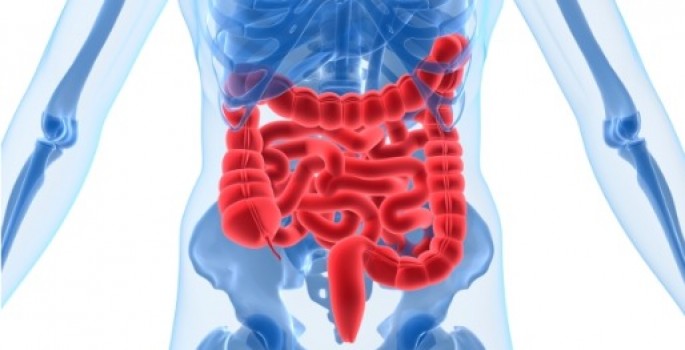
Diverticulitis surgery: guidelines needed
Surgical removal of the colon for recurrent diverticulosis varies by geographic region and is associated with surgeon and hospital factors; stronger national guidelines are needed, Vanderbilt researchers report. Read MoreFeb 10, 2022
-

Gene variants increase risk of kidney failure in Black veterans with COVID-19: study
Gene variants increased the risk of acute kidney injury and death in veterans of African ancestry who were hospitalized with COVID-19, possibly explaining some health disparities associated with COVID-19. Read MoreFeb 10, 2022
-

Vanderbilt and CDC research shows third vaccine dose key to preventing omicron hospitalization
Vanderbilt research shows that two doses of an mRNA COVID-19 vaccine result in lower effectiveness for preventing hospitalization for the omicron variant than previous variants. However, importantly, a third (“booster”) vaccine dose significantly improves protection against omicron hospitalization up to 86%. Read MoreFeb 9, 2022
-
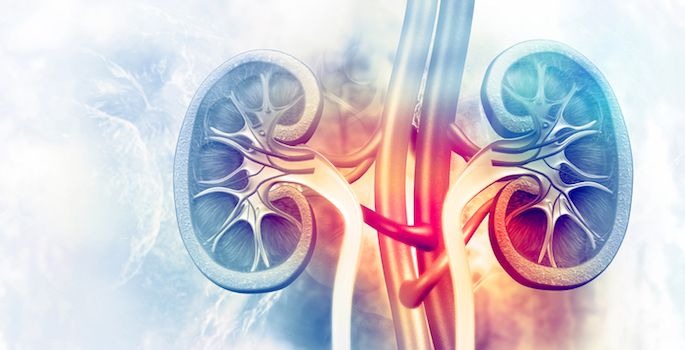
VUMC study raises hope for improving treatment of kidney disease
Vanderbilt research has revealed an important mechanism in the kidney by which a cell surface receptor known as DDR1 fans the flames of inflammation and fibrosis that ultimately lead to kidney failure. Read MoreFeb 2, 2022
-

Accelerating podocyte production
A new method developed by Vanderbilt researchers to generate kidney cells from stem cells offers a faster and less expensive way to make these valuable tools for studying kidney diseases. Read MoreFeb 1, 2022
-

Impact of digital health interventions
Vanderbilt researchers test and recommend statistical approaches to study the association between engagement with digital health interventions and clinical outcomes. Read MoreJan 31, 2022
-
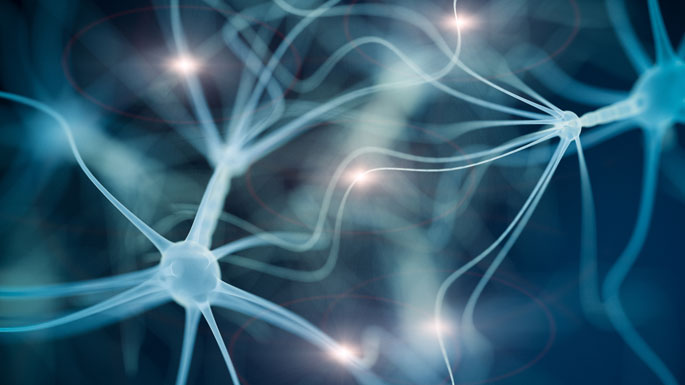
White matter and psychosis
The microstructure of white matter in the brain could be an important risk marker for psychosis, Vanderbilt researchers have discovered. Read MoreJan 27, 2022
-

Impaired neutrophils in autoimmunity
Vanderbilt researchers help answer the question of why patients with autoimmune diseases like lupus are more susceptible to bacterial infections: their neutrophils have impaired antibacterial activity. Read MoreJan 27, 2022
-

New method enhances efforts to identify drug repurposing targets
Researchers at Vanderbilt University Medical Center have developed a new method for identifying drugs for the repurposing trials that can lead to new indications for drugs already in use. Read MoreJan 20, 2022